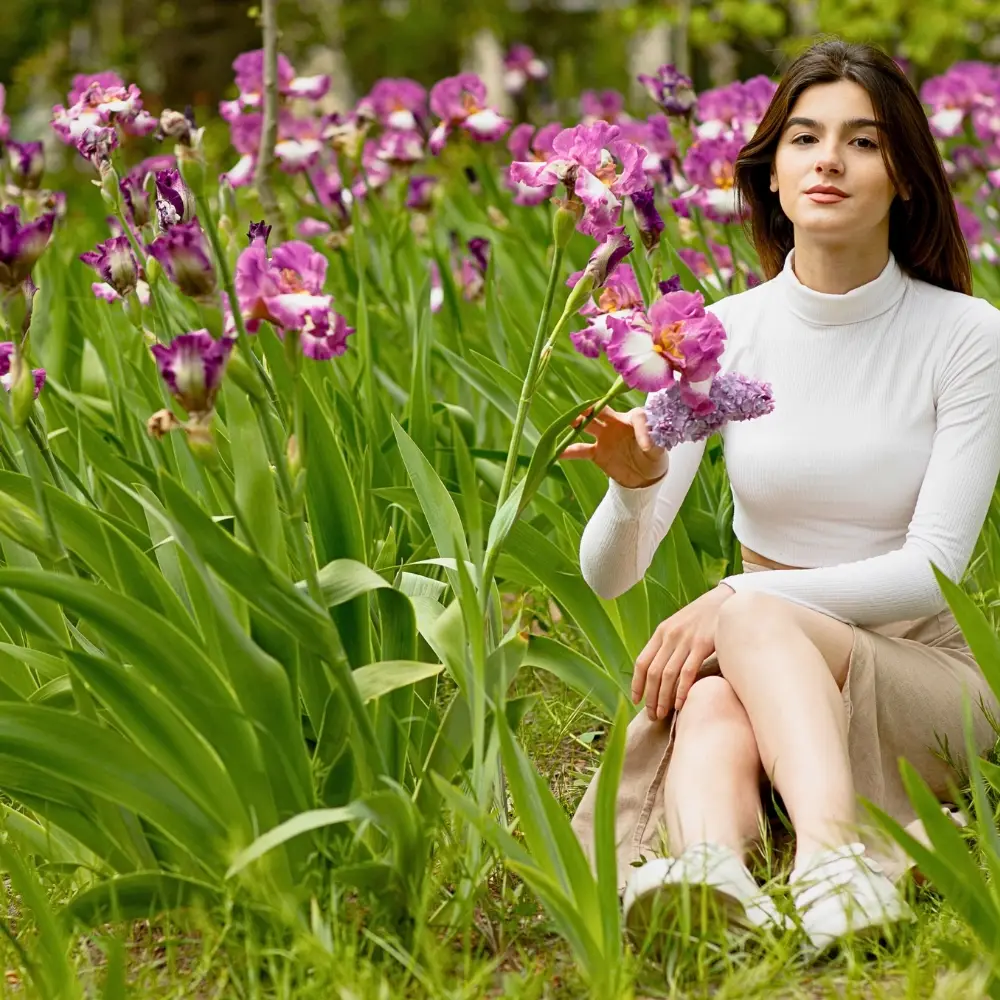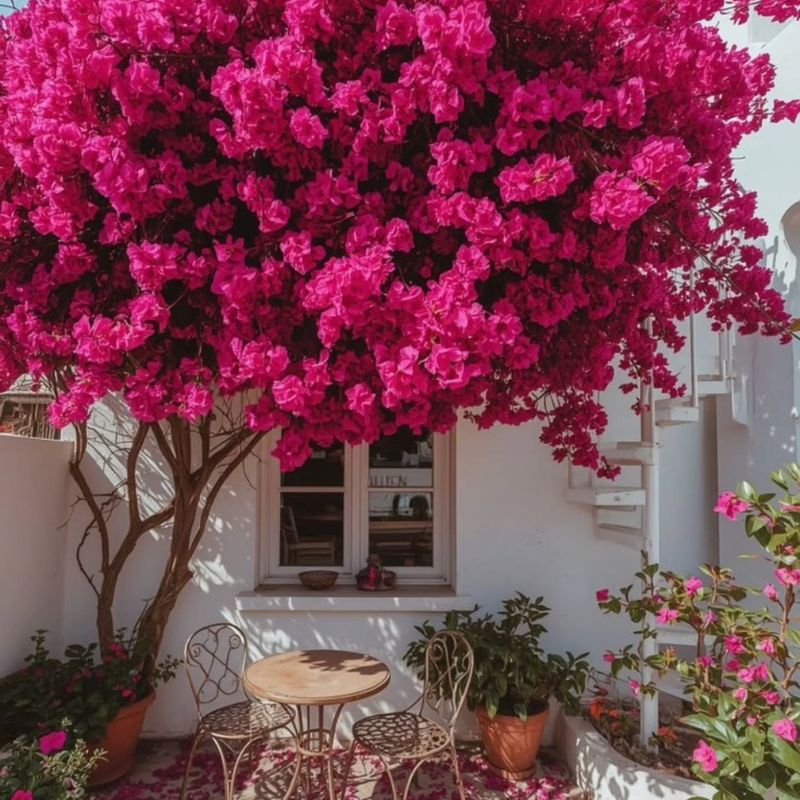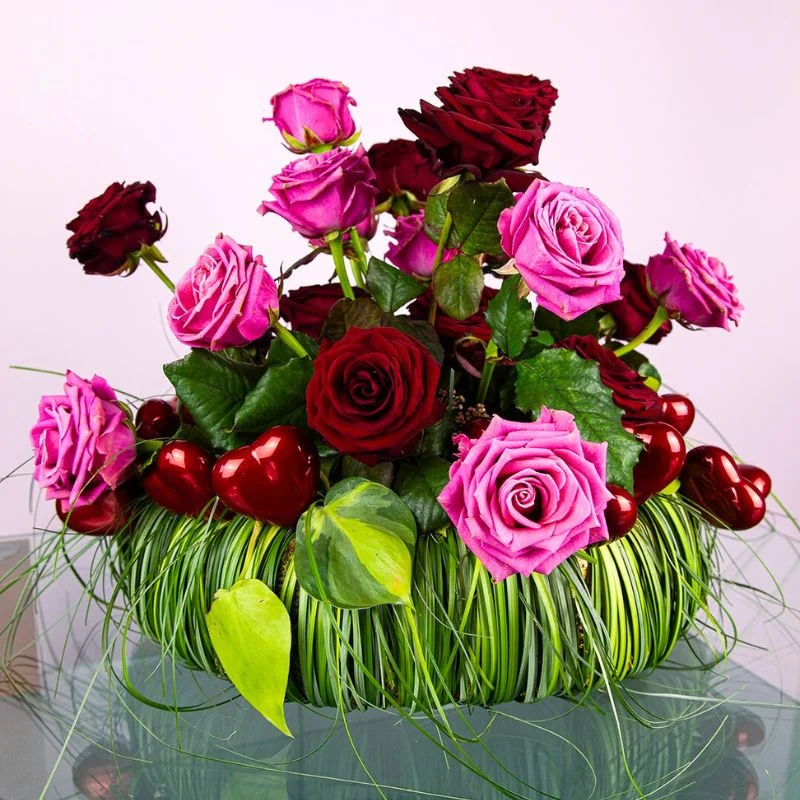The world today moves at a breakneck pace. People are constantly bombarded with information, deadlines, and expectations, leaving little room for rest and reflection. From demanding jobs to busy social lives, it seems everyone is perpetually on the go; juggling countless responsibilities. In this unyielding pursuit of productivity, people often neglect their own well-being. They sacrifice their physical and mental health for the sake of keeping up with societal demands.
With the constant state of busyness, burnout, anxiety, and a diminished quality of life are an inevitability. Thus, knowing the importance of prioritizing oneself amid all the hustle and bustle, International Self-Care Day, observed on July 24, every year, prompts people to pause, reflect, and nurture themselves. This day encourages folks to prioritize their own needs, engage in activities that bring happiness, and cultivate healthy habits that support their overall well-being.
Origins of International Self-Care Day
International Self-Care Day is one of the two key annual advocacy milestones for the Global Self-Care Federation (GSCF), alongside Self-Care Month which runs from June 24th to July 24. It is a day that encourages individuals to make commitments to adopt specific self-care actions for themselves.

Photo by Vivien Beauty
Established by the International Self-Care Foundation (ISF) in 2011, the primary objective of the day was to raise awareness about the positive impacts of self-care and its role in cultivating healthy lifestyles. Since then, it has been observed annually with a unique theme centered around the importance of taking care of oneself.
The day’s unique date demonstrates the significance of self-care being observed 24 hours a day, and seven days a week (24/7). Self-care, according to ISF should, essentially, be a day-to-day activity, and not limited to specific days.
Self-Care and Its Importance
Self-care is not a new fad or a self-indulgent activity. It is all about taking care of yourself to ensure your physical, mental, and emotional health are in order. This enables one to live a healthy life, optimally perform their daily tasks, and help others. A well-rested and nurtured mind is, after all, more focused, creative, and productive.
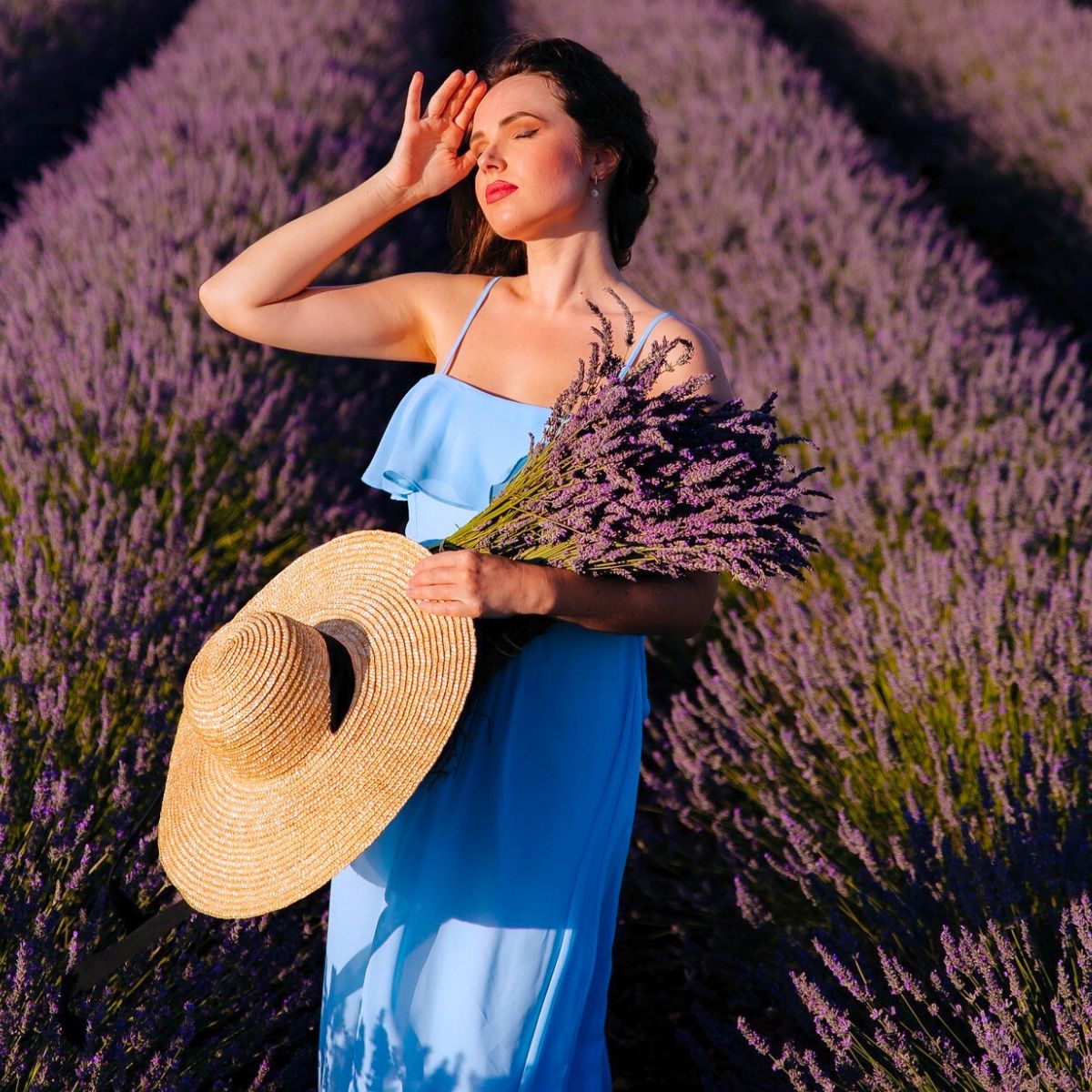
Photo by @anna_lefroy
As self-care becomes more mainstream, its definition has evolved to focus on tuning into one's own needs and taking proactive steps to address them. Its personalized definition means that different people adopt different self-care practices. Such can include everything from exercise and healthy eating to mindfulness meditation, quality sleep, and engaging in hobbies and leisure activities.
The World Health Organization defines self-care as:
“The ability of individuals, families, and communities to promote health, prevent disease, maintain health, and cope with illness and disability with or without the support of a health worker.”
This explanation highlights the importance of self-care in managing one's overall health and well-being.
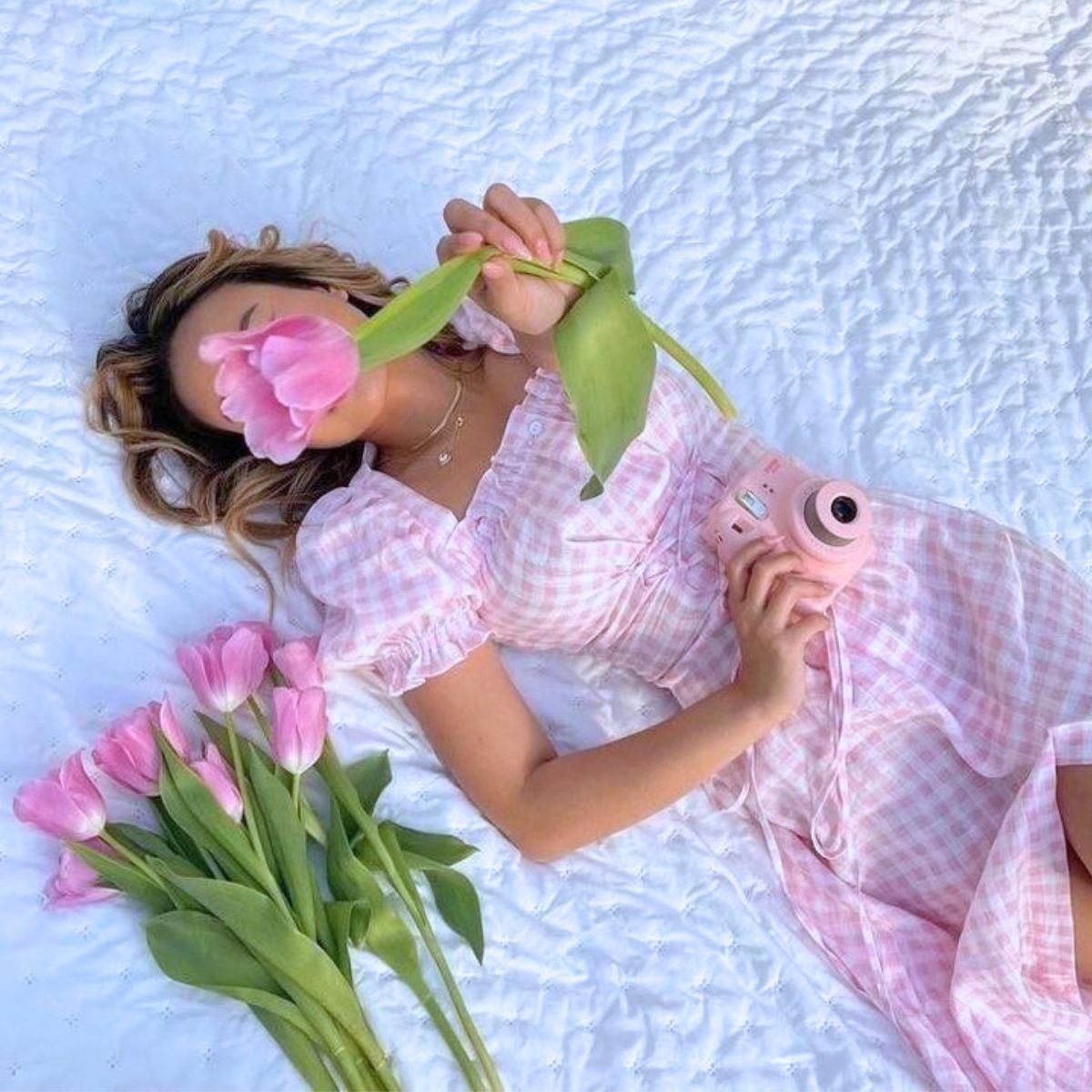
Photo by F.A.F
The importance of self-care can, therefore, not be overstated. When people neglect their own needs, they become more susceptible to stress, anxiety, and a host of other physical and mental health issues. Chronic stress, for example, has been linked to a range of negative health outcomes, including elevated blood pressure, weakened immune function, and an increased risk of heart disease and stroke.
By contrast, regular self-care practices can have positive impacts on overall well-being. Studies have shown that activities like meditation, exercise, and spending time in nature can reduce stress, improve mood, boost cognitive function, and even enhance longevity. Engaging in self-care activities can, therefore, help manage stress and anxiety levels, promoting a sense of calm and peace.
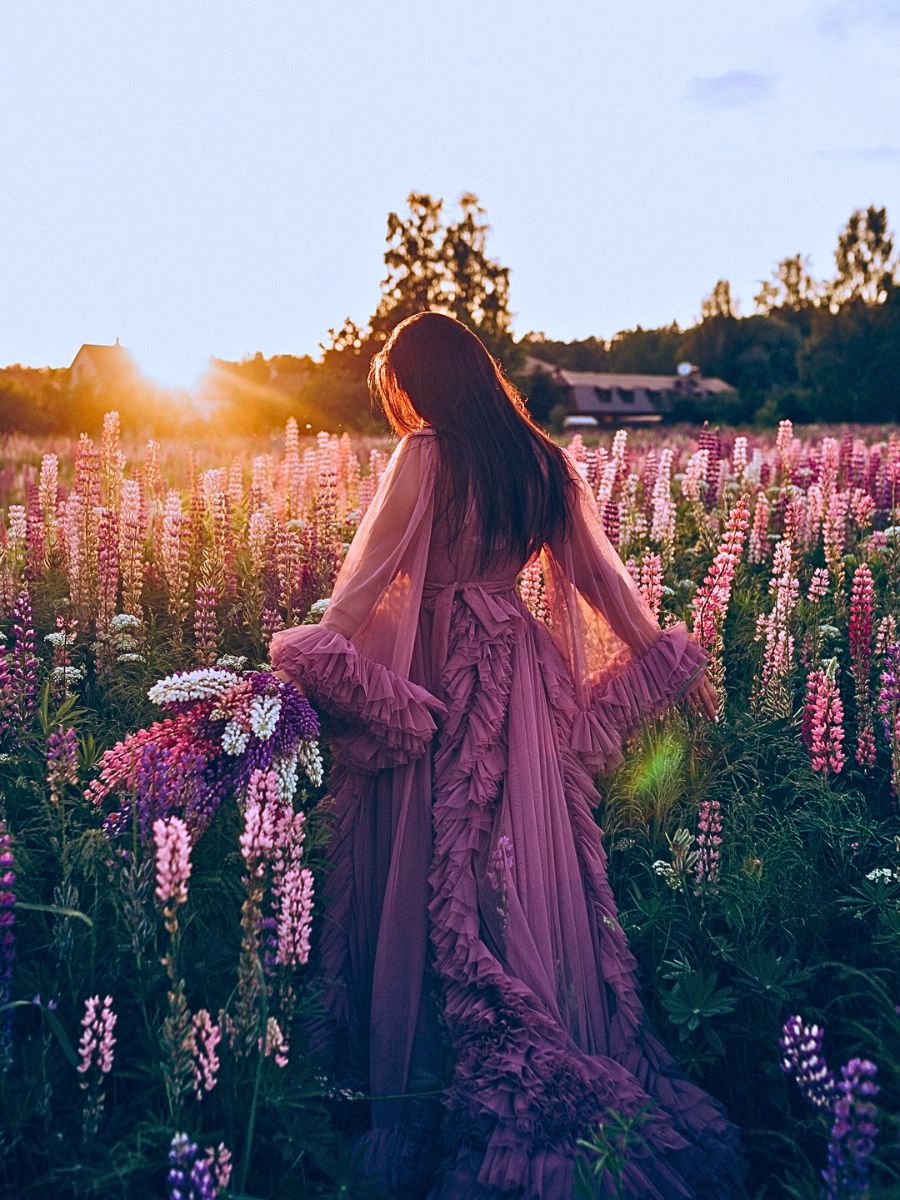
Self-care also helps to build resilience, which enables individuals to better cope with the inevitable challenges and setbacks that life presents. Its benefits are not limited to just, improved mental and physical health, but also enhanced relationships. When one prioritizes their own well-being, they are better equipped to nurture healthy relationships with others.
The need for self-care is, additionally, evident, especially in the current climate where apprehension and despair are prevalent. Technology has increased the pace of life, and the stress of keeping up can be overwhelming. Regular acts of self-care can, therefore, help one deal with daily stressors and are proven to have positive long-term effects on one’s health and outlook.
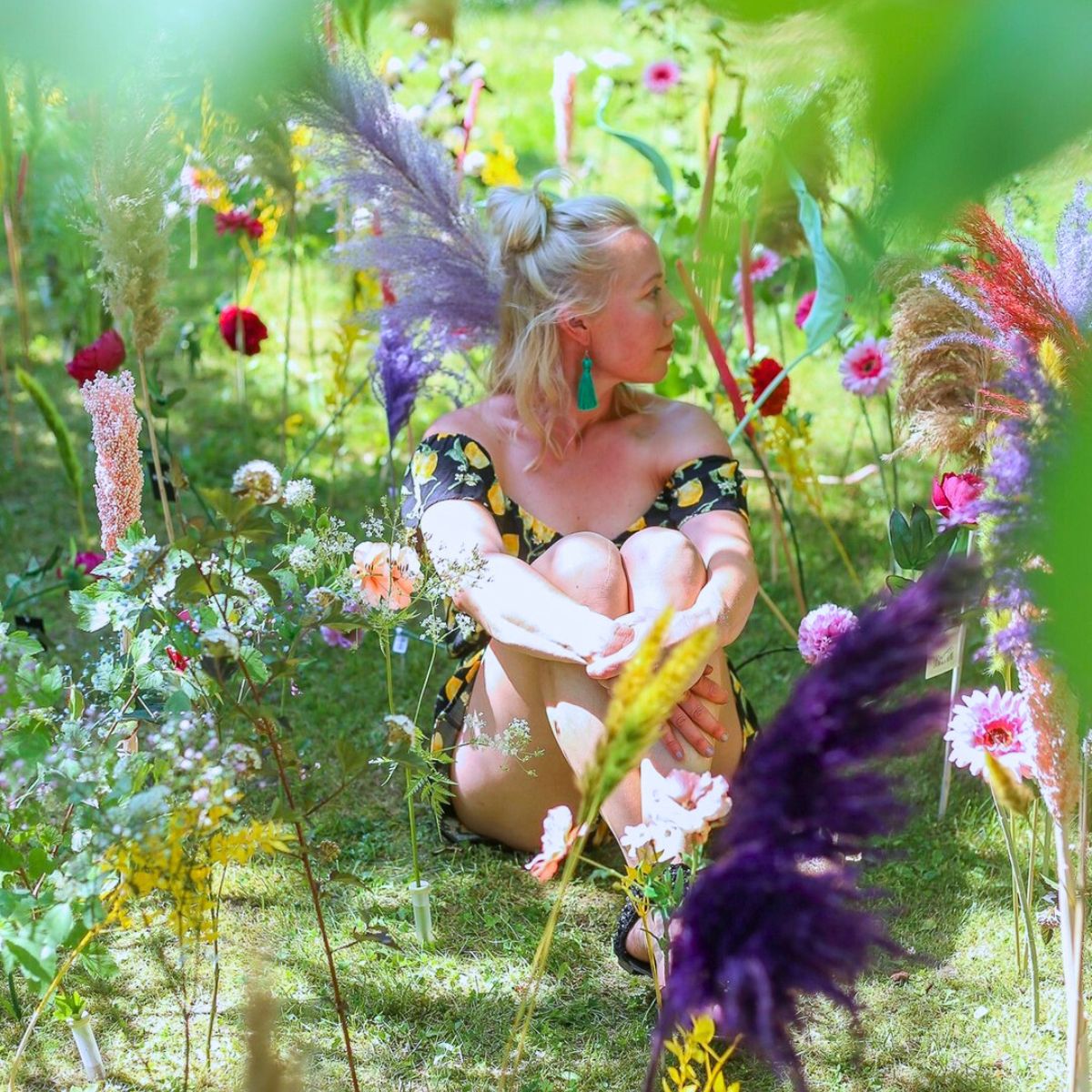
Noteworthy, however, is that while self-care is not a cure for mental illness or a replacement for medical treatment, it can help prevent future health problems.
That Flower Feeling: The Interconnection Between Flowers and Self-Care
Flowers are an integral part of self-care and resoundingly impact humans’ emotional well-being. They are a natural mood booster and can be a perfect tool for empowering oneself. With their rich range of colors, delicate fragrances, and symbolic meanings, flowers have all along been associated with joyfulness, beauty, and a sense of renewal. Their presence uplifts moods. They create a sense of calm and peace of mind. This makes them an ideal symbol for International Self-Care Day, where they represent the act of nurturing oneself.
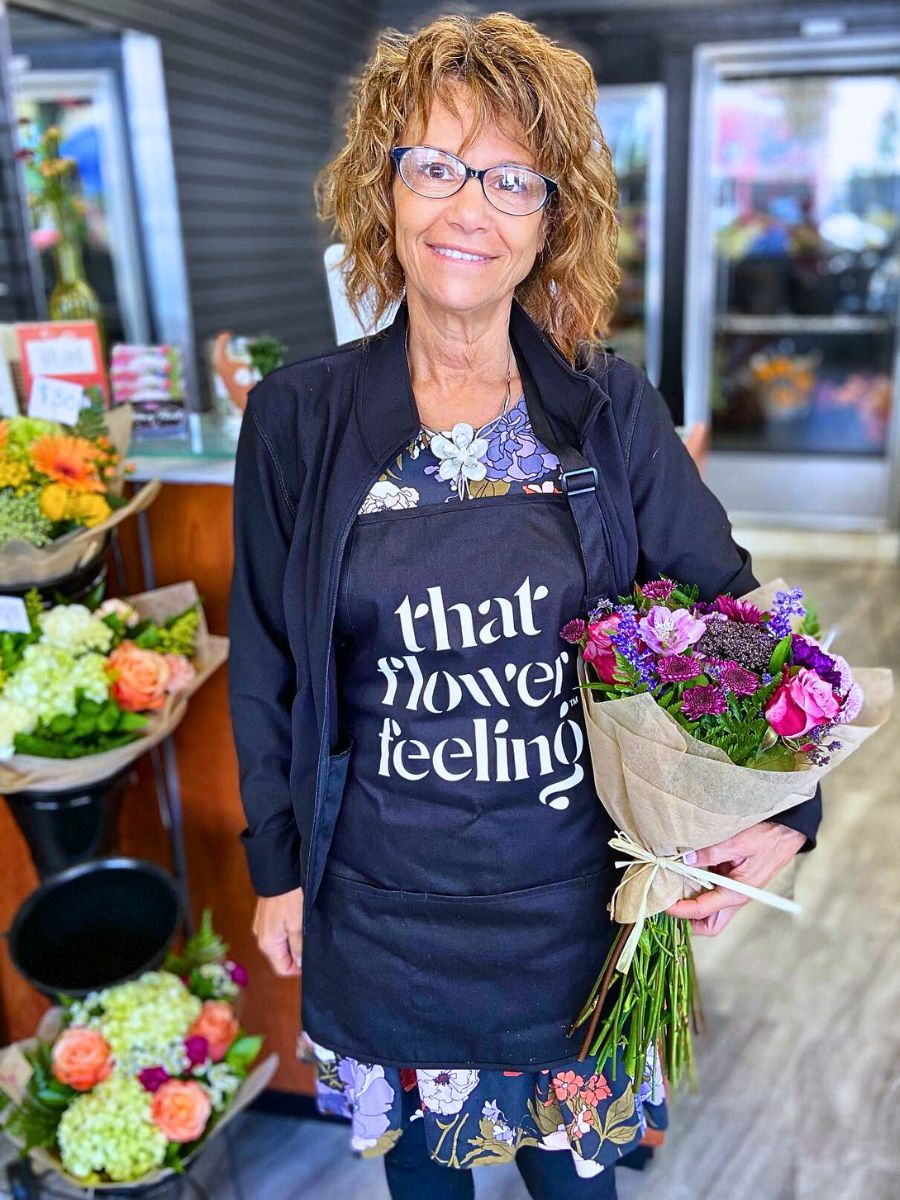
Such is the idea held by That Flower Feeling, a flower industry-wide cooperative effort to encourage consumers to buy more flowers regularly. The initiative actively works to motivate more consumers to view fresh flowers as a central part of their everyday routines, more so, as elements that enhance well-being. Thus, the initiative is raising awareness about general floral integration and consumption, especially during International Self-Care Day.
In a dedicated International Self-Care Day campaign, That Flower Feeling seeks to highlight the significance of self-care and well-being through flowers. The drive is intended to remind everyone that self-care is not a luxury but a necessity for maintaining a healthy and balanced life.

That Flower Feeling:
“Why [should we] prioritize International Self-Care Day? Because self-care is essential for our physical, emotional, and mental health. Taking time for ourselves allows us to recharge, reduce stress, and improve our overall quality of life. By celebrating this day, That Flower Feeling hopes to instill a sense of mindfulness and self-love in others.
Join in on celebrating International Self-Care Day and commit yourself to sharing the beauty of flowers and the message of self-care with your loved ones. Together, there can be a world cultivated where self-care is a priority, and well-being is cherished.”

Photo by @anna_lefroy
Thus, in collaboration with various stakeholders in the floral industry, That Flower Feeling has created a series of digital marketing assets that have been shared across social media platforms leading up to, and on International Self-Care Day. These are posted and reposted by the partners to create a unified and impactful message.
That Flower Feeling:
“Self-care has become a lot of work. You gotta pamper, practice mindfulness, balance life and work, and be awesome at all of them. Flowers on the other hand are self-care made easy. They won’t replace working out or eating well. But they’re a spiritual tune-up. So treat yourself to a little off-the-shelf self-care.”

Photo by @blackmenwithgardens
The campaign aims to amplify the message and reach a broader audience, encouraging more people to take a moment to appreciate the simple joys of life. Everyone is encouraged to participate in this collective effort by sharing the assets posts and spreading the word about International Self-Care Day, thus inspiring others to prioritize their well-being.
The Impact of Flowers
The impacts of flowers on self-care and well-being are multifaceted. Flowers have a calming effect on the brain, reducing stress, anxiety, and depression. Being around nature, including flowers, helps lower cortisol levels — the stress hormone. Their cortisol-reducing effect has been scientifically proven. When surrounded by flowers, or looking at them results in a decrease in cortisol levels, thus reducing feelings of stress.
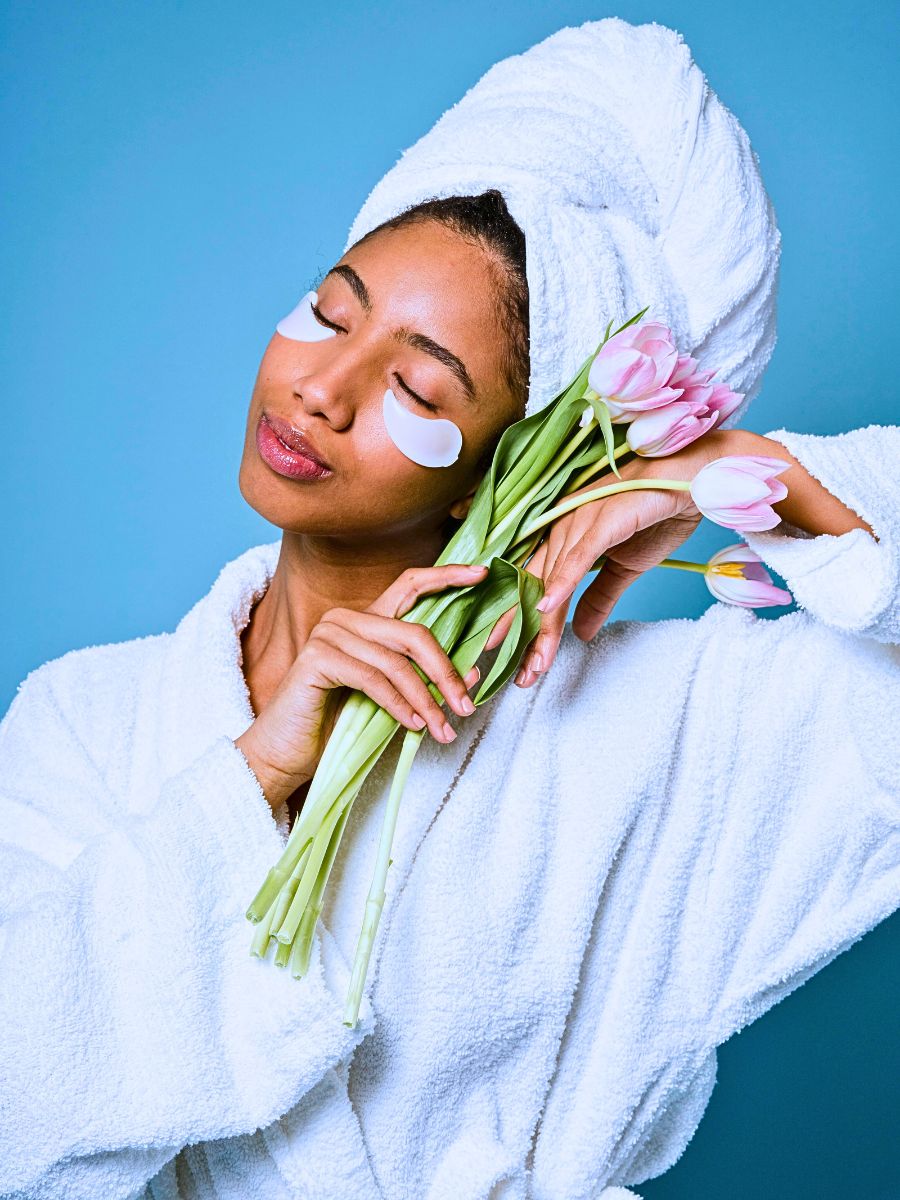
Flowers, also, have a positive impact on emotional and mental health, making people feel happier, more joyful, and energetic. Their mere sight and scent brighten up one’s day and create ever-present positive feelings and attitudes.
Luther Burbank, an American botanist and horticulturist, once aptly said:
“Flowers always make people better, happier, and more helpful; they are sunshine, food, and medicine to the mind.”
Flowers can also enhance the physical environment. Adding flowers to your living or working spaces can brighten up the decor and fill the space with a delightful fragrance. With their colorful presence, and their soothing fragrance, one can’t help but feel empowered and uplifted.
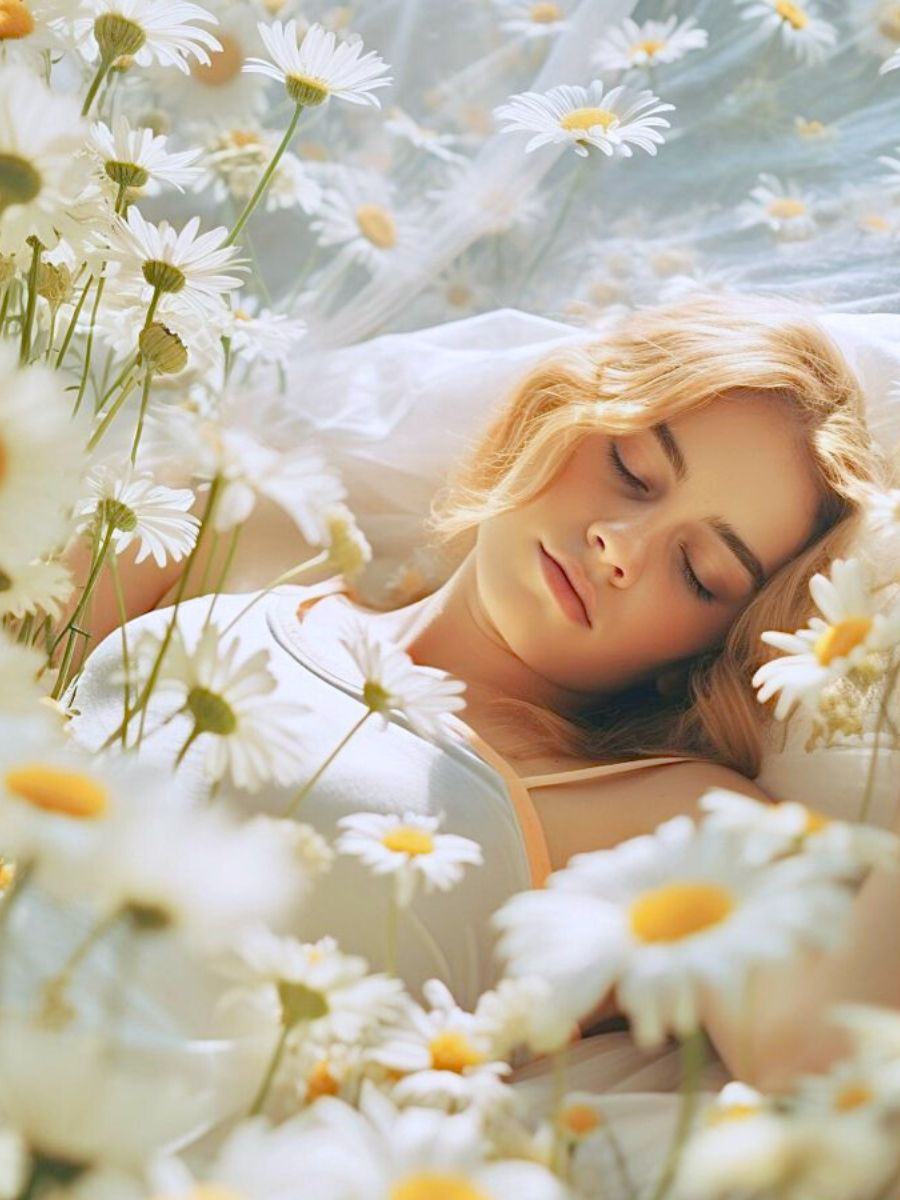
The positive effects of flowers on our well-being have been evidenced in numerous studies. A study by Rutgers University, for instance, found that the presence of flowers in the home can increase overall satisfaction and feelings of compassion and kindness toward others. Another study showed that flowers are beneficial for the elderly, and also for patients recovering from surgery. Those who had flowers in their hospital rooms experienced fewer complications, lowered blood pressure and heart rates, and reduced anxiety and fatigue compared to those without. Thus, flowers not only uplift mood but also have a positive impact on physical health.
Flowers have a unique ability to connect people, too. They can strengthen social relationships and encourage social interaction. Receiving flowers has, for example, been shown to heighten feelings of satisfaction, trigger happy emotions, and lead to increased contact with friends and family.
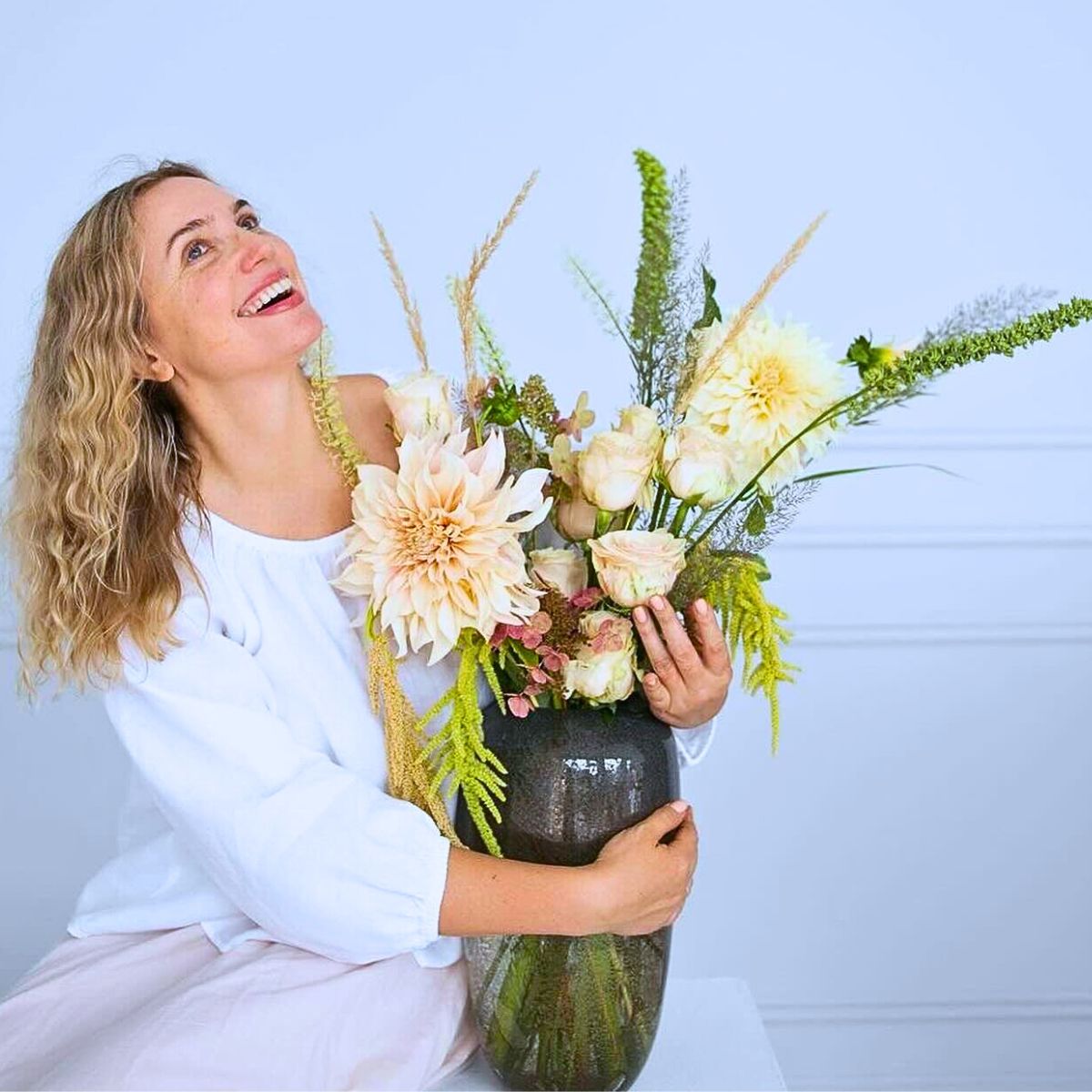
Flowers as a Self-Care Tool
One of the unique aspects of International Self-Care Day is the central role that flowers [should] play in its observance. They are an excellent means of self-care, yet many people only consider them a gift for others. In that case, the use of flowers for self-care can take many forms.
One of the key aspects of flowers as a self-care tool is buying or treating yourself to them. This is both a form of self-care and self-love. It is an endowing and mood-boosting experience, especially when choosing a beautiful bouquet.
You can, therefore, surround yourself with flowers by adding a vase of fresh blooms to your home, office, or place of work. This helps one find solace in their bright colors and soothing aromas. Gifting yourself flowers is, also, a show of one’s commitment to self-care and an inspiring way to celebrate the ordinary.

People may, also, incorporate flowers into their meditation or mindfulness practices, using their sensory qualities to deepen the experience. Flowers can also be used in self-care rituals, such as taking a relaxing flower-infused bath or creating floral-inspired art projects.
Read more about flower baths in the article The Power and Benefits of Flower Baths.
Plus, if you enjoy gardening, then growing your own flowers can be a therapeutic and calming hobby. In gardening, the act of caring for and tending to them can be therapeutic as it provides a sense of purpose, mastery, and connection to the natural world — all of which are important aspects of self-care. Basically, just spending time with nature, smelling the blossoms, and watching them grow can be a relaxing experience.
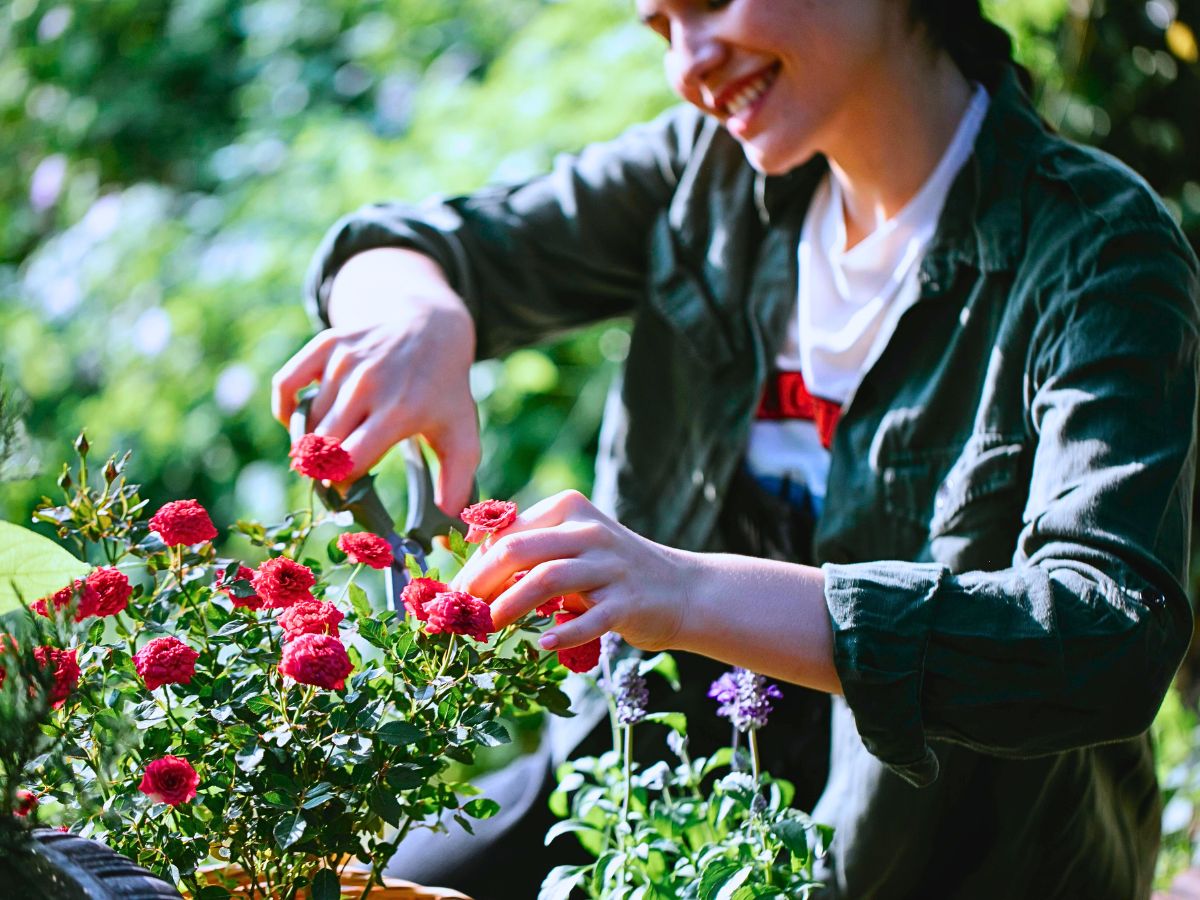
Photo by Gary Barnes
Perfect Flowers for Self-Care
Any flower can be a great means of self-care, but in different circumstances, some varieties are particularly suited to enhancing emotional and physical well-being. This is, more so, for those varieties known for their delightful scents and therapeutic qualities.
Roses are a classic choice and are available in a wide variety of colors. Yellow or orange roses promote optimism and uplift spirits, while softer-colored roses, such as pink and lavender, can produce a soothing air. The fragrant nature of roses makes them an excellent choice for aromatherapy, and relaxation.
Daisies, on the other hand, are bright and cheerful in appearance. They are a delightful addition to any setting. They symbolize new beginnings and encourage a positive and hopeful outlook. Sunflowers, as well, with their large vivacious heads, can brighten up any space and boost the mood.

Lilies, a soothing and serene choice, are often used in spa and meditation spaces to create a calm ambiance. Their subtle beauty and sweet fragrance make them popular for enhancing relaxation.
Orchids are timeless and elegant flowers and can add a touch of luxury to surroundings. They symbolize love, fertility, and permanence, and bring to mind the beauty of nature as well. Their unique design and long-lasting nature make them an ideal self-care treat.
With its intoxicating floral aroma and delicate, star-shaped flowers, jasmine is also a natural choice for self-care. This flower is known for its ability to reduce anxiety, improve sleep, and promote a sense of calm and well-being. Just the same way, tulips are a symbol of hope and encouragement; with their bright and cheerful appearance bringing a sense of happiness. This makes them perfect for any self-care ritual.
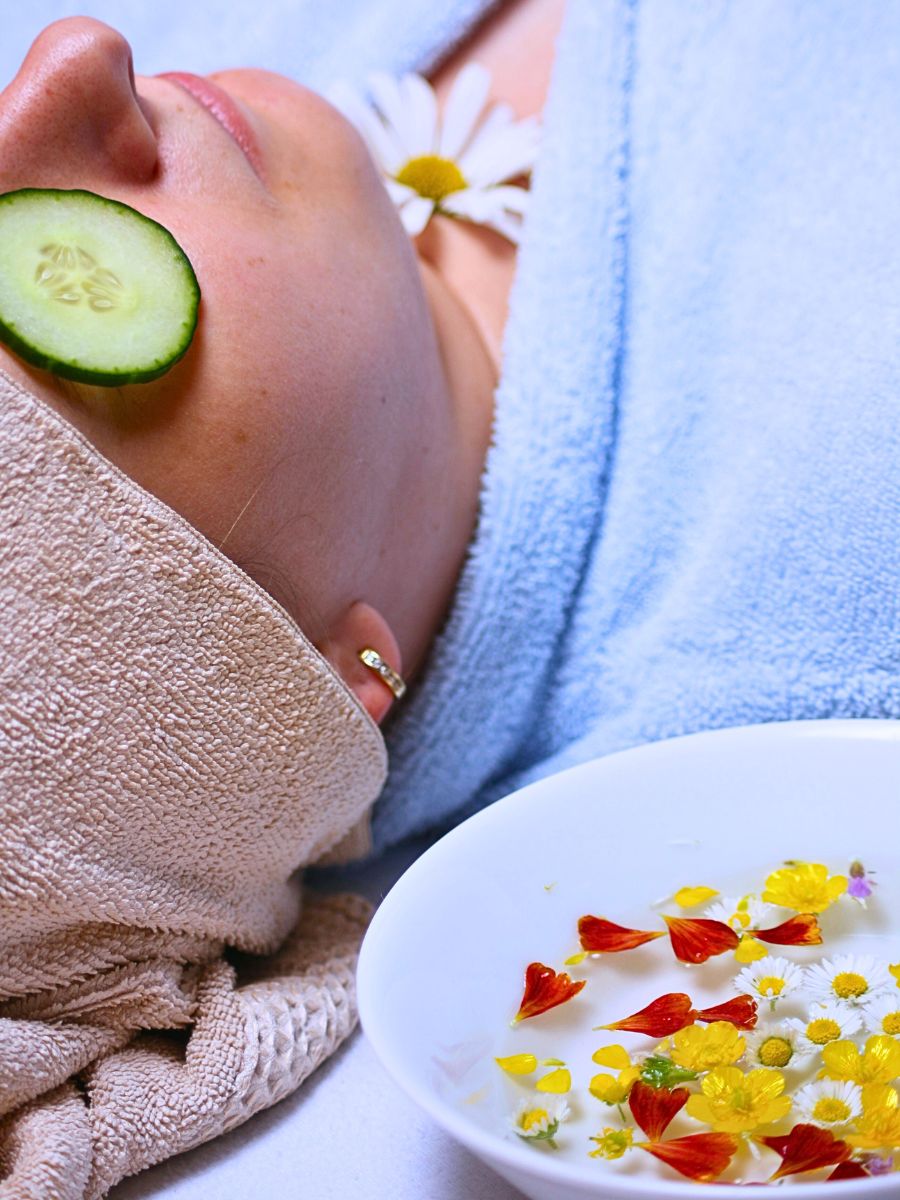
Chamomile, known for its calming and anti-inflammatory properties, is another excellent choice for self-care. Its delicate, daisy-like flowers can be used to make soothing teas, infused into bath products, or even incorporated into meditation practices. The same can be said of lavender, which is known for its aroma that has calming properties, including promoting relaxation and reducing anxiety.
Chrysanthemums too! These long-lasting flowers are often associated with hopefulness, joyfulness, and endurance – all of which are important qualities for self-care. Chrysanthemums can be used to create beautiful floral arrangements, infused into teas, or incorporated into self-care rituals like flower crowns or mandalas.
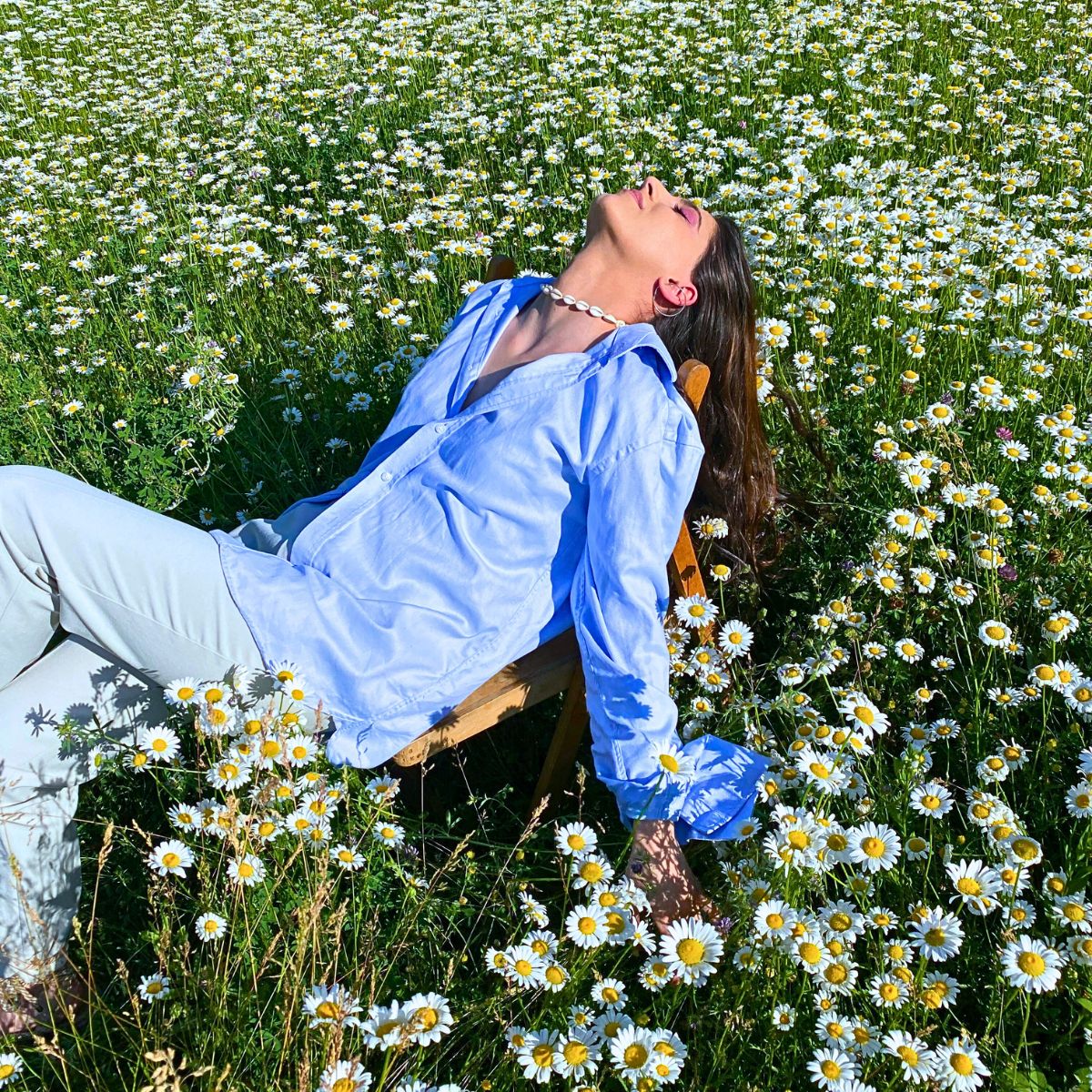
Photo by Mariam Antadze
Generally, most of these flowers can be incorporated into different self-care rituals, such as by using them in aromatherapy and extracting essential oils. The essential oils extracted from flowers like lavender, jasmine, or roses have calming and soothing properties, and using them in massages, adding them to a warm bath, or diffusing them in a room can create a therapeutic and relaxing self-care experience.
Feature image by Antoni Shkraba, header image by Erriko Boccia.



